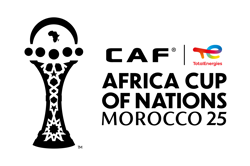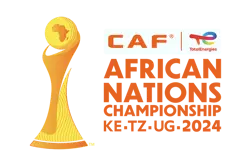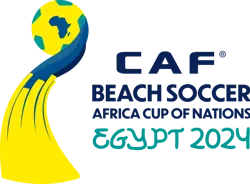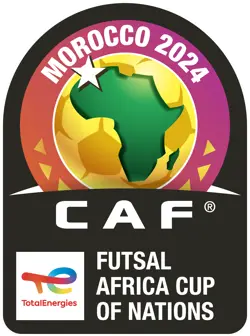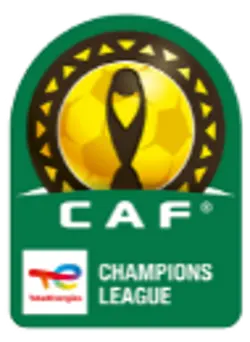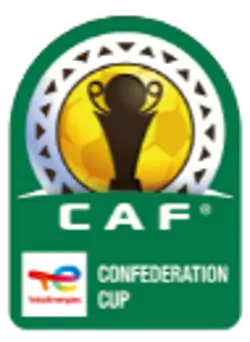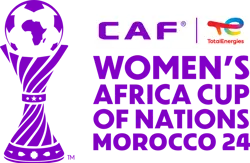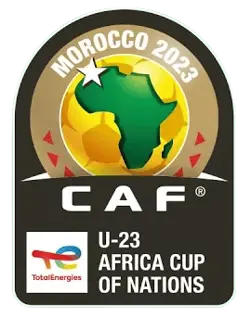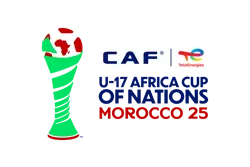Referees hold media open day in Nairobi at TotalEnergies (CHAN) PAMOJA 2024
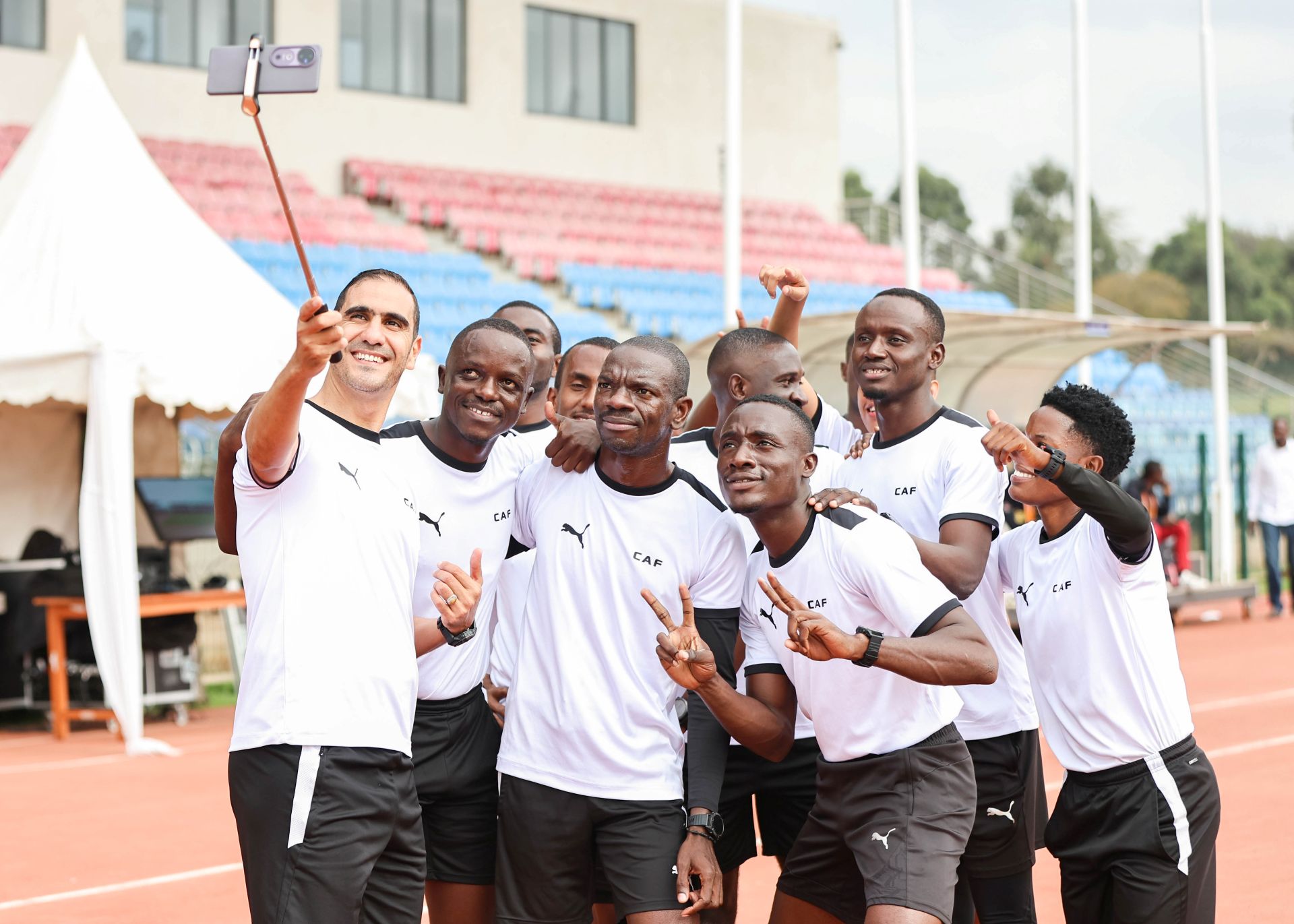
Referees at the TotalEnergies African Nations Championship (CHAN) 2024 took a rare step towards transparency on Tuesday morning, holding a media open day in Nairobi designed to explain officiating and Video Assistant Referee (VAR) processes to journalists.
The session, hosted at the Ulinzi Sports Complex, brought together accredited reporters covering the tournament and the match officials themselves, in an initiative aimed at deepening understanding and building trust.
Referees shared perspectives, protocols and personal experiences before engaging in an open mixed-zone with the press.
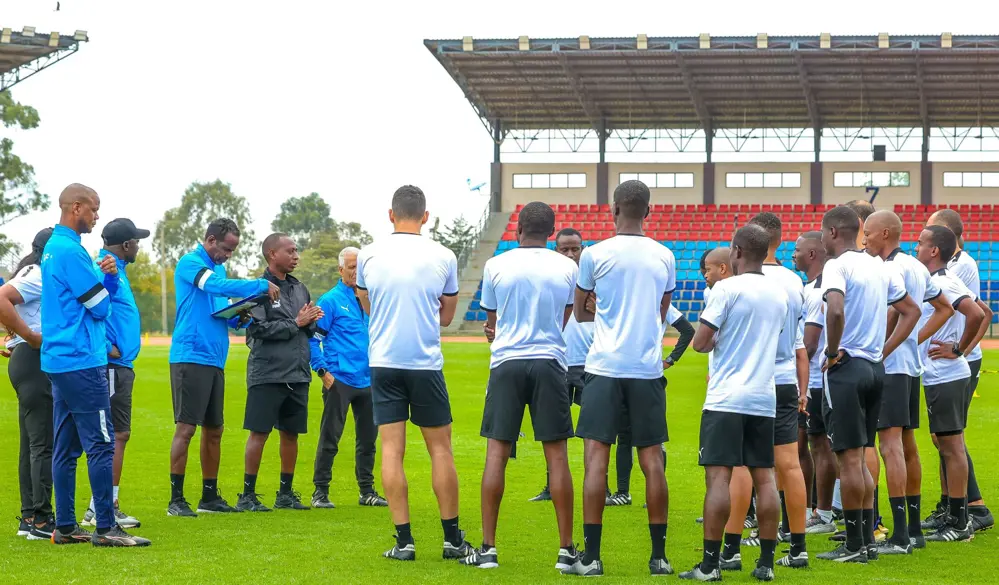
Gomes: “Transparency is key”
Victor Gomes, Vice Chairman of the CAF Referees Committee, stressed why such dialogue matters for both referees and the public.
“It is crucial for us to open our doors to the media and let them understand what goes on in refereeing," said Gomes.
"Transparency is key to building confidence, not just with journalists but with fans as well.
"When journalists fully grasp how and why decisions are made, it ensures fair and balanced reporting,” Gomes added.
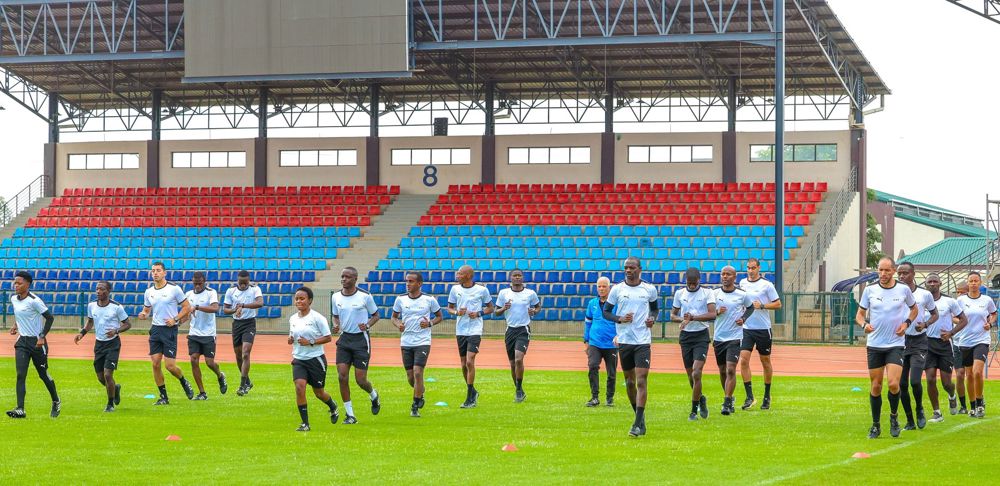
Sikazwe: “Carry everyone along”
CAF Referees’ Technical Instructor Janny Sikazwe echoed his colleague’s words, insisting refereeing cannot evolve in isolation.
“For refereeing to progress on the continent, we must carry everyone along including the media” the experienced Sikazwe noted.
"Sessions like these allow us to demystify VAR, explain the protocols, and ultimately ensure that the football family is better informed. It is through such dialogue that African refereeing can continue to grow."
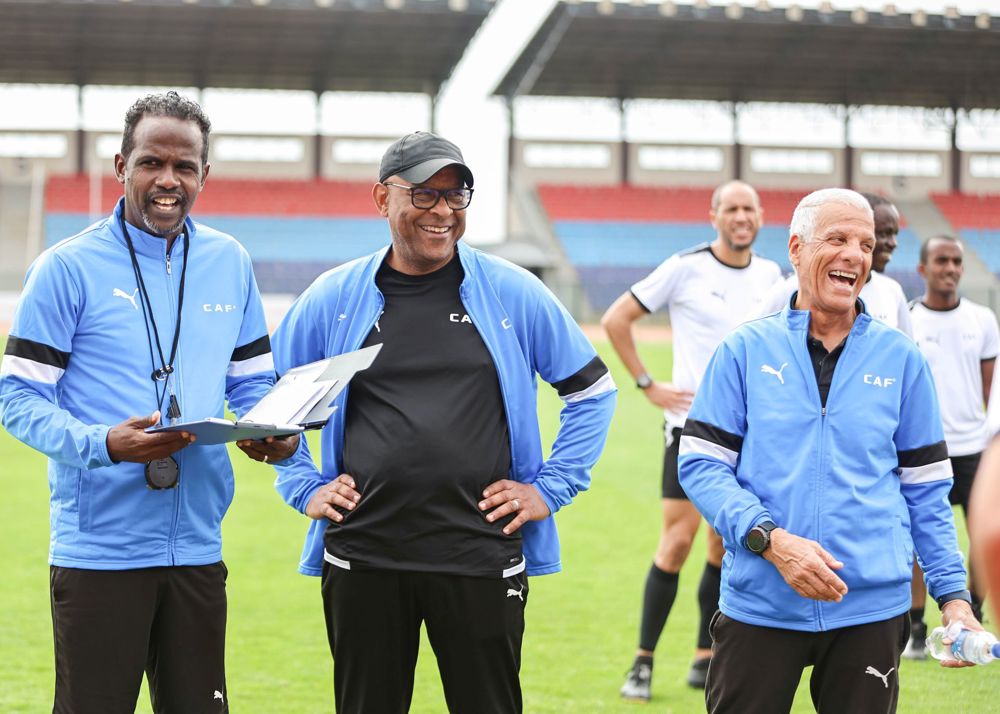
Journalists welcome insights
Reporters who attended the session praised the opportunity to see refereeing from the inside.
Bernard Okumu of national broadcaster KBC said: “The session gave me insights into the referees’ mind especially before and during the matches.
"For instance, Diana Chikotera’s view on going to check VAR just to diffuse tension and lower pressure, even when a decision has already been made, was particularly eye-opening.”
Gladys Midecha, lead football reporter at NTV, described it as an invaluable tool for accuracy in reporting.
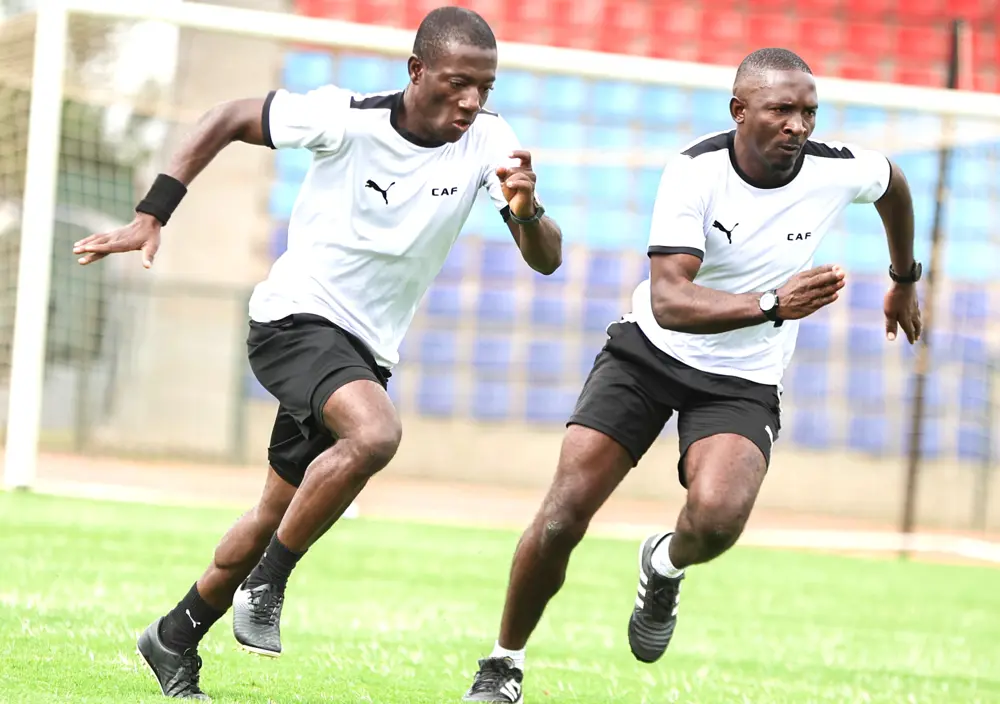
“The session was incredibly beneficial, for me as a journalist and for my colleagues. I highly believe it gave us valuable insights into the workings of VAR and the decision-making processes of referees during CHAN,” she said.
“Understanding the protocols and the rationale behind certain calls not only enhances our reporting accuracy but also allows us to educate our audiences better.
"For me personally, I feel it has bridged the gap between match officials and the media, fostering transparency and mutual respect.”
From CGTN, Mohammed Abubakar pointed to its long-term value.
“A truly enlightening session. It’s given me a clear insight into refereeing and especially the VAR process, which is still in its early adoption stage in majority of Africa,” Abubakar said
"This will also enable me and my colleagues to report and explain contentious decisions to our audiences with better authority in future."
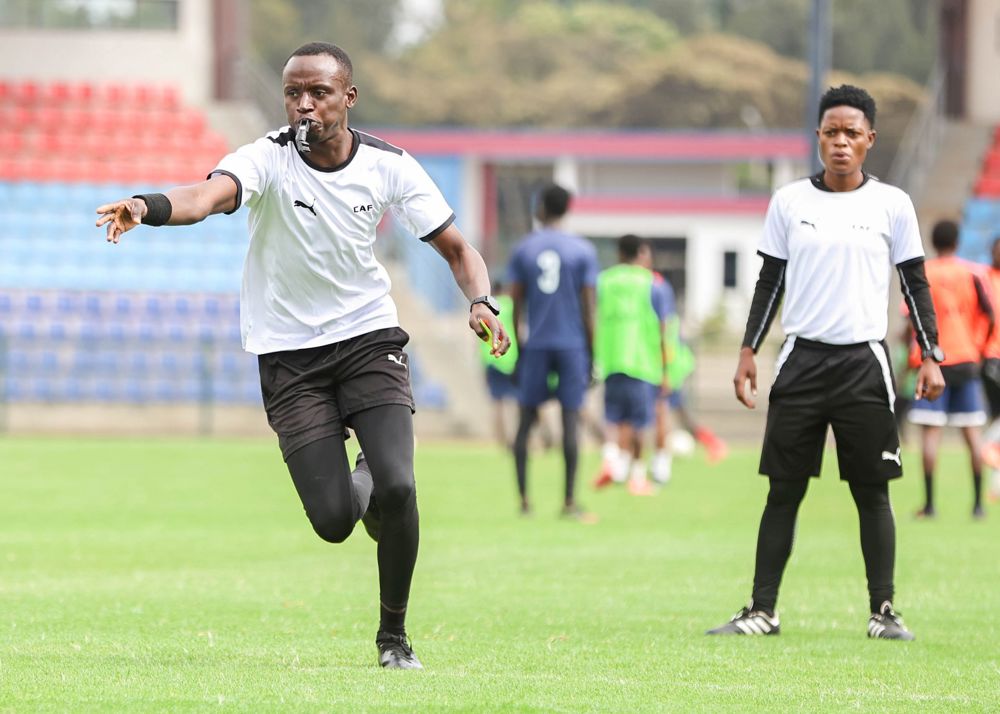
A wider CAF push for accountability
CAF has made it clear it wants refereeing to be better understood, especially as VAR expands across the continent.
By opening up the officiating process to journalists and encouraging scrutiny, CAF hopes to reduce misconceptions, improve media coverage and strengthen relationships between referees and the public.
